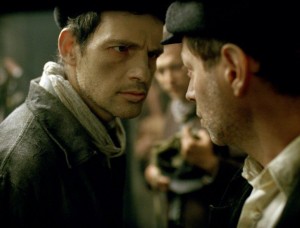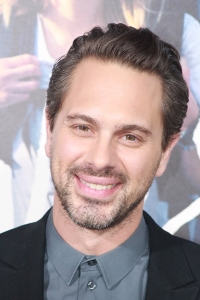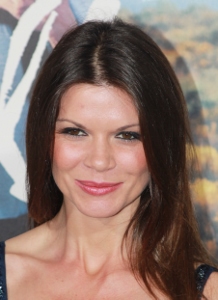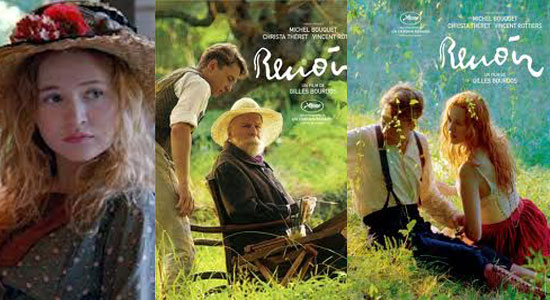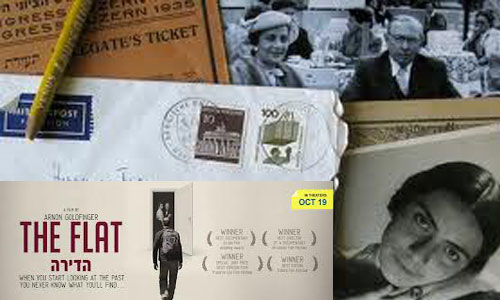Cannes
The real reflect of the Holocaust and suffering of a real father in “Son of Saul”
By GTVW Staff
Photos Agency
“Son of Saul,” from Hungarian-born director László Nemes’ and the story begins with Saul Auslander (Géza Röhrig) is a Hungarian member of the Sonderkommando, the group of Jewish prisoners isolated from the camp and forced to assist the Nazis in the machinery of large-scale extermination. While working in one of the crematoriums, Saul discovers the corpse of a boy he takes for his son. As the Sonderkommando plans a rebellion, Saul decides to carry out an impossible task; save the child’s body from the flames, find a rabbi to recite the mourner’s Kaddish and offer the boy a proper burial.
The film was inspired by the book, Voices from Beneath the Ashes, eyewitness accounts by Sonderkommando members who buried their testimonies prior to their rebellion in 1944. According to director László Nemes:“Their accounts are concrete, present and tangible. They precisely describe, in the here and now, the ‘normal’ functioning of a death factory… its rules, work cadences, shifts, hazards, and its maximum productivity.”
A full of drama film of a mass massacre. Saul reflects a pure father with a deep loss. Even the child of the protagonist is not his son at all– might, in Saul’s mind, redeem his forced treatment of all the others that came before him. Memes built a well structured character with an unusual neutral, accurate, powerful, without sensationalism with great sobriety and bravery of Saul Auslander (Géza Röhrig). Definitely “Son of Saul” is full of heartbreaking facts and emotionally devastating.
Renoir is a touch of love on a canvas
By Jenny Alvarez
Set on the French Riviera in 1915, RENOIR follows Impressionist master Pierre-Auguste Renoir (Michel Bouquet), who is tormented by the loss of his wife, the pains of arthritis, and the news that his son Jean (Vincent Rottiers) has been wounded in action. When the incandescent Andrée, aka Dédé (newcomer Christa Théret,) miraculously enters his world, the artist is filled with an unexpected energy. Blazing with life, radiantly beautiful Dédé will become Renoir’s last model inspiring some of his most renowned works including Les baigneuses (The Bathers). Back at the family home in Cagnes-sur-Mer to convalesce, Jean too falls under the spell of the new, redheaded star in the Renoir firmament. In their Mediterranean Eden, and in the face of his father’s fierce opposition, he falls in love with this wild, untamable spirit, and as he does so, within weak-willed, battle-shaken Jean, a filmmaker begins to grow.
This film has the complex relationship between father and son. Pierre-Auguste may be haunted by the loss of his younger wife and fearful of what might befall two of his sons serving during World War 1, but painting is still his life. Renoir includes his sense that wars shatter natural cross-border fraternities, the harshness of the class prejudices, the increasing disrespect for culture and also how his last muse was. This film is full of beautiful scenes of the countryside and some dialogues are plain but witty in some contents of Renoir’s canvasses into a visual blast of natural color and sound on the big screen full of romantic attentions in 111 minutes (A little long so you should be full of energy otherwise it could be very boring).
“The Flat” is an emotionally riveting documentary
By GalaTView Staff
Photo: Courtesy
At age 98, filmmaker Goldfinger’s grandmother passed away, leaving him the task of clearing out the Tel Aviv flat that she and her husband shared for decades since immigrating from Nazi Germany in the 1930s. Sifting through a dense mountain of photos, letters, files, and objects, Goldfinger begins to uncover clues that seem to point to a greater mystery and soon a complicated family history unfolds before his camera. What starts to take shape reflects nothing less than the troubled and taboo story of three generations of Germans – both Jewish and non-Jewish – trying to piece together the puzzle of their lives in the aftermath of the terrible events of World War II.

